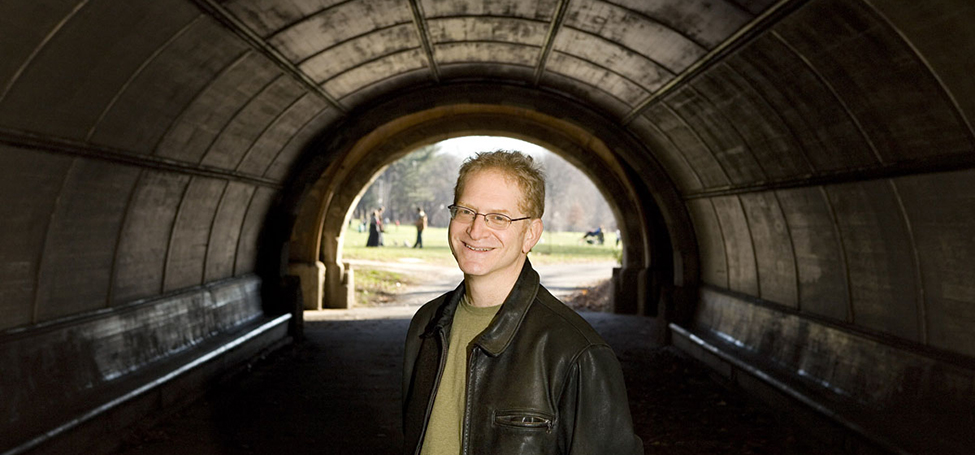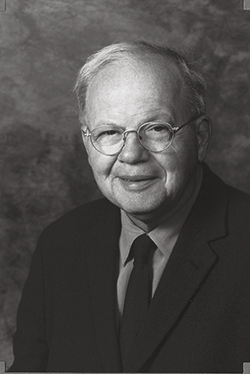I read with interest the remarks of Emma Kelty-Stephen ’04 about listening to the tape of Martin Luther King Jr. [“Quote Board, Spring 2018,” Page 11]. I heard that actual speech in the old gym at Grinnell on a very early Sunday morning. I lived in Gates so it was a short walk, but I remember thinking what the hell am I doing at this hour? I kept telling myself it was a chance, and sadly as it turned out, the only chance, to see Martin Luther King Jr., an already historic figure.
The speech (sermon) was incredibly powerful, and I was absolutely blown away. Hearing him set me on a course, or confirmed my course, for the rest of my life. I don’t even remember exactly what he said. But his powerful voice, his humility and dignity moved me deeply. His basic message was “Respect everyone.” You don’t get to pick and choose — you must respect and love everyone. At the time, he was being excoriated by the right for the usual reasons, and the left for being, among other things, nonviolent. Yet he talked and lived this message.
Although I have often fallen short of his ideal, I have always tried to do as he preached — I breathe deeply and try to make a mental bridge to each person. This has been particularly difficult since the Trump election but is even more necessary now. I wrote about this speech in a long-ago article that appeared in the Arizona Attorney during a time of personal challenge.
I’m thrilled that someone else was moved by the speech. The sound of a train going by brings it all back and makes it real.
 Was there a point to “Back Talk” (Spring 2018, by Thomas Rayfiel ’80) [Page 47] besides his dislike for our president?
Was there a point to “Back Talk” (Spring 2018, by Thomas Rayfiel ’80) [Page 47] besides his dislike for our president?
 The “
The “